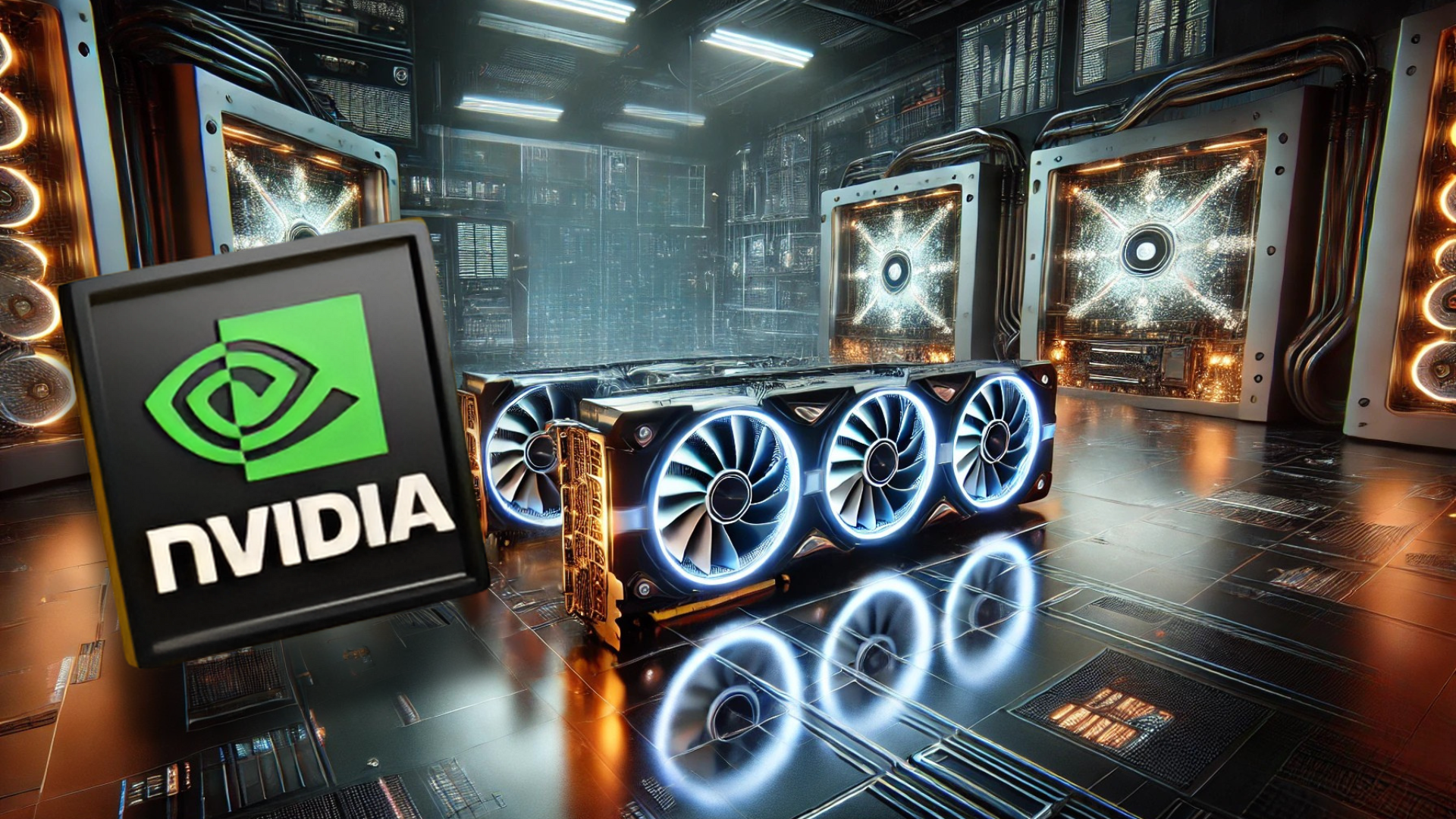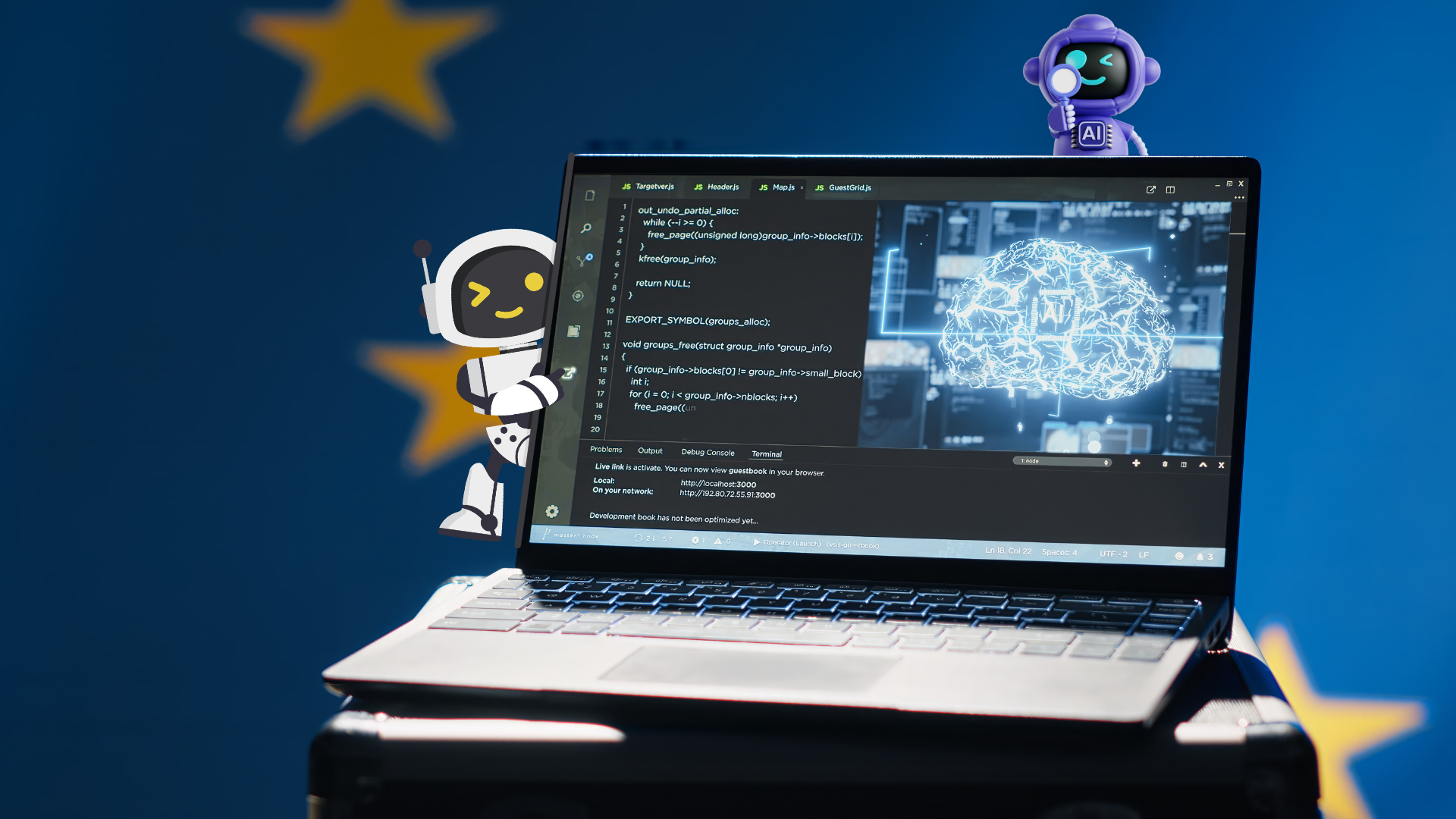
Artificial intelligence companies like OpenAI, Microsoft (MSFT), and Meta (META) are shifting towards a technique called ‘distillation’ to make AI models more efficient and cost-effective. This method is quickly becoming a cornerstone of AI development, allowing models to operate with fewer resources while maintaining high performance. As the industry evolves, companies are rethinking how they approach AI development, focusing on smarter, leaner solutions.
What Is Distillation?
Distillation is a process where a large AI model, referred to as the ‘teacher,’ trains a smaller and more efficient ‘student’ model. This enables companies to transfer knowledge from complex AI systems into lightweight versions that require fewer computational resources. While distillation is not a new concept, recent breakthroughs have made it an essential tool for businesses aiming to cut costs without sacrificing AI capabilities.
The effectiveness of distillation gained significant attention when Chinese AI startup DeepSeek successfully used the method to build advanced models based on open-source AI from Meta and Alibaba (BABA). DeepSeek’s cost-efficient approach alarmed Silicon Valley, leading to a drop in U.S. AI stock prices as investors questioned whether high spending on AI infrastructure is still necessary.
Smaller Models, Bigger Opportunities
Distillation offers a compelling advantage for smaller AI developers. While massive AI models have superior capabilities, they come with high costs and significant hardware requirements. In contrast, distilled models are cheaper and faster, making them more accessible to businesses that don’t require large-scale AI solutions. For instance, a distilled AI might excel at summarizing emails but struggle with more complex reasoning tasks. However, for many industries, the trade-off is worth it.
Meta’s chief AI scientist, Yann LeCun, has championed the rise of distillation and open-source AI, stating that it accelerates innovation across the industry. However, companies like OpenAI are taking steps to prevent competitors from distilling their proprietary models, fearing the loss of their competitive edge. As AI development advances, the tension between open-source accessibility and corporate dominance will shape the industry’s future.
Investors Eye AI Stocks Amid Market Shifts
With distillation changing the AI landscape, investors are closely watching how major tech companies adapt. TipRanks’ Comparison Tool offers valuable insights into how AI leaders compare within the industry, helping investors make informed decisions. As distillation gains traction, the question remains: will AI giants maintain their dominance, or will smaller players leveraging cost-efficient models disrupt the market?
The evolution of AI development is at a crossroads, and distillation is proving to be a game-changer. Whether it empowers smaller firms or forces industry leaders to rethink their strategies, the future of AI will undoubtedly be shaped by this transformative technique.





















































































